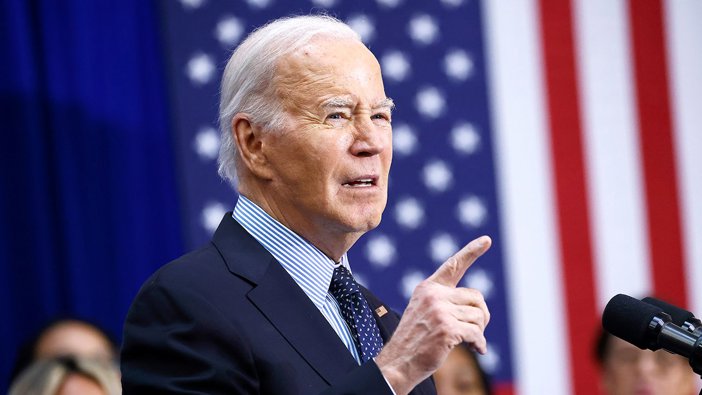
Biden’s Exit Shakes Democrats: One Year On, Party Faces Record Lows
A year after Biden’s unprecedented campaign exit, Democrats face record-low poll numbers and party turmoil.
Biden’s Unprecedented Exit and Its Immediate Impact
One year has passed since former President Joe Biden stunned the political world by suspending his re-election campaign on July 21, 2024. Biden’s decision, which came just days after President Donald Trump accepted the GOP nomination, ended a political career spanning more than five decades and plunged the Democratic Party into disarray. The shockwave from Biden’s withdrawal was immediate, fundamentally altering the trajectory of the 2024 election and the party’s future.
Biden’s exit was the first time in nearly 60 years that a sitting or former president had bowed out of a race so late in the campaign cycle. The announcement followed a nationally televised debate in Atlanta, where Biden’s faltering performance triggered widespread alarm among Democrats. Pressure mounted as lawmakers, donors, and party leaders questioned his ability to compete against Trump and win in November. Behind closed doors, Biden met with concerned governors and congressional leaders, but his efforts to rally support fell short as public and private calls for his withdrawal intensified.
Initially, Biden and his team projected defiance, insisting he would stay in the race and encouraging Democrats to focus on defeating Trump rather than the debate fallout. Key campaign officials and the White House publicly dismissed speculation about his withdrawal, but the drumbeat of doubt grew louder with each passing day. Ultimately, Biden announced that stepping aside was in the best interest of his party and the nation, endorsing Vice President Kamala Harris to take his place at the top of the ticket.
Democratic Party Faces Political Fallout
Kamala Harris became the Democratic nominee weeks later at the party’s convention in Chicago, but the turmoil proved costly. On Election Day, Republicans swept the presidency, Senate, and maintained their House majority, delivering a landslide victory for Trump and leaving Democrats to reassess their path forward. One year on, the party is still grappling with the aftershocks of Biden’s withdrawal and the subsequent election defeat.
Polls reflect the depth of the crisis. According to recent surveys, just 28% of Americans now view the Democratic Party favorably—the lowest figure in more than three decades of CNN polling. Quinnipiac University’s national poll places Congressional Democrats’ approval at only 19%, with 72% disapproving, both record lows. Even among self-identified Democrats, only 39% approve of Congressional leadership, highlighting deep divisions and dissatisfaction within the party base.
Political analysts attribute these lows not just to electoral losses, but also to a loss of confidence among key Democratic constituencies. Since last November, Republicans have made inroads with Black, Hispanic, and younger voters, further eroding the traditional Democratic base. Many within the party now demand stronger opposition to Trump’s sweeping second-term agenda, fueling internal debates and frustration with party leadership.
Legacy Questions and Ongoing Investigations
Biden’s legacy is now the subject of debate among historians and political observers. Some, like presidential historian Tevi Troy, argue that Biden’s late and reluctant withdrawal will overshadow earlier achievements, cementing his reputation as the leader who enabled Trump’s return. Others, like Harvard professor Alex Keyssar, suggest that in time, public opinion may soften, and Biden’s accomplishments and character will regain recognition. However, for now, the focus remains on the chaos and uncertainty his exit unleashed.
Complicating matters are ongoing congressional investigations into Biden’s mental and physical health, his use of the autopen for official signatures, and allegations of unauthorized executive actions in his final months. Leaked audio from interviews and further subpoenas have kept questions about Biden’s fitness and decision-making in the headlines, extending the party’s struggles into the new political cycle.
Despite their setbacks, Democrats remain highly motivated for the coming midterm elections. Polls show that Democratic-leaning voters are now more energized than Republicans, signaling potential for a rebound. Yet, until the party finds new leadership and direction, it faces the challenging task of restoring confidence and unity after one of the most tumultuous years in its modern history.






